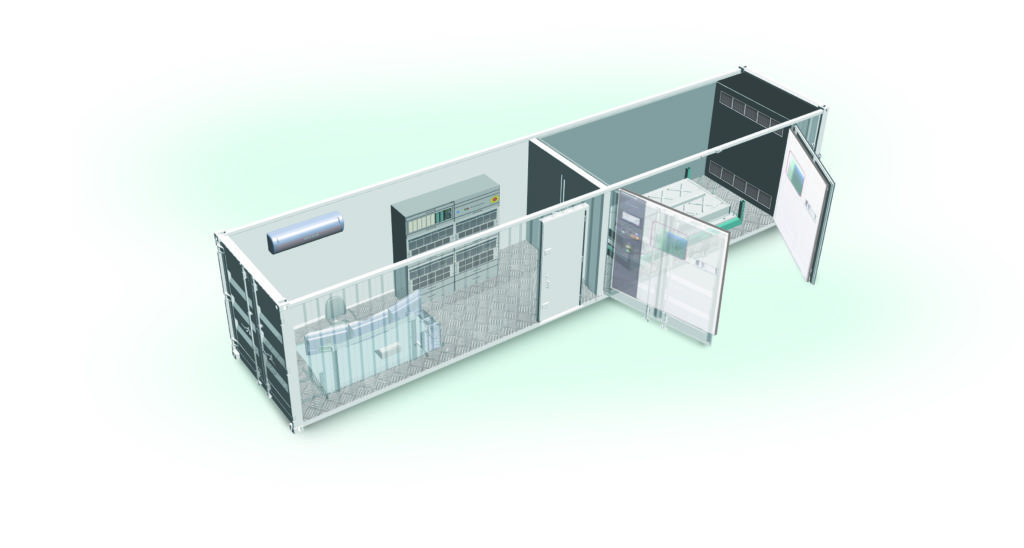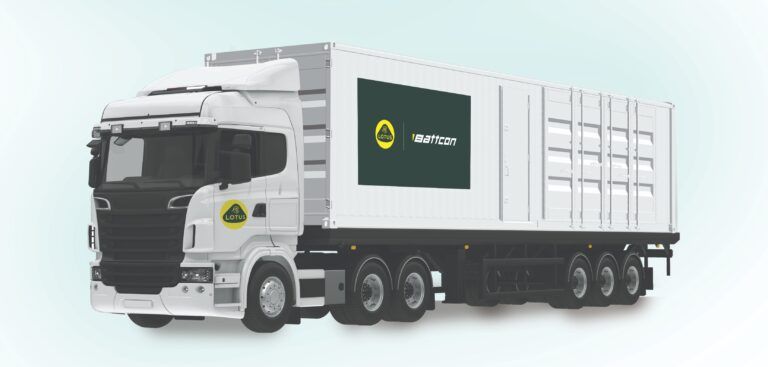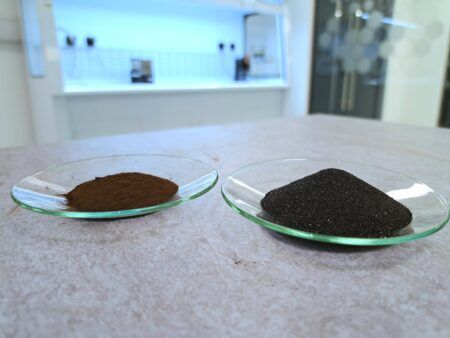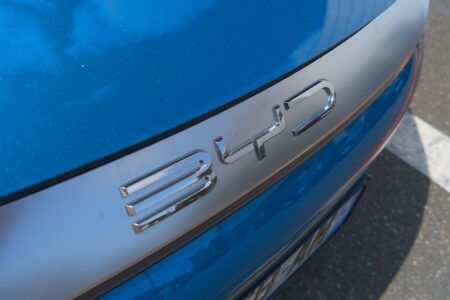Lotus Engineering is launching a pilot containerized battery testing facility to assess energy storage solutions for the booming EV sector.
It will allow Lotus Engineering to carry out various battery cell, module and pack characterization tests, performance evaluations, and component and lifetime testing under controlled conditions. Early feasibility study support and validation of mature designs for implementation into new vehicles will also be available.
The project has been named BattCon, an abbreviation of Battery Containerised Test Facility. The ‘containers’ are individual walk-in laboratories and will be in operation at Lotus HQ in Hethel, Norfolk, as well as the new Lotus Advanced Technology Centre in Wellesbourne, West Midlands. Each is the size of a standard 40ft shipping container and so can easily be packed up and transported as a mobile testing unit, available to Lotus Engineering customers wherever they are. Lotus has three operational units as part of the pilot scheme.

For clients, Lotus Engineering will offer an EV safety-compliant workshop facility with specialist staff experienced in testing batteries. Companies new to the EV field, and those who would otherwise need to invest in additional test facilities, will have access to a fast, efficient and cost-effective solution to develop new technologies and speed up their route to market. For Lotus itself, the new technology will support ambitious plans to launch a new range of performance vehicles.
Lotus Engineering has a wealth of experience in the design and engineering of EVs and other alternative propulsion powertrains dating back two decades. While many of the programs remain confidential, the consultancy’s work on the Tesla Roadster (2008-12) is the best-known example.
Matt Windle, Executive Director, Engineering, Lotus, commented: “As the race intensifies for automotive and other sectors to develop new and novel battery technologies, there will be increased demand for suitable testing facilities. Project BattCon begins to address this problem by evaluating how Lotus Engineering can meet the battery testing opportunities for the UK supply chain and OEMs.”
Services available include capacity determination, resistance mapping, current and power mapping, open circuit voltage determination and heat capacity. Lifetime testing is comprised of low-voltage cycling, high-voltage cycling, self-discharge determination, storage aging, cycle aging, drive cycle aging, and orientation. One of the three Lotus containers features an ambient chamber, the temperature of which can be raised or lowered to replicate climatic extremes around the world.
The pilot project will conclude in spring 2021 and is co-funded by the Automotive Transformation Fund (ATF), part of the Advanced Propulsion Centre (APC); Innovate UK, part of UK Research and Innovation; the UK Government’s Department for Business, Energy and Industrial Strategy (BEIS) and the Department for International Trade (DIT). Upon completion, the project will be evaluated and a decision taken about its future.





